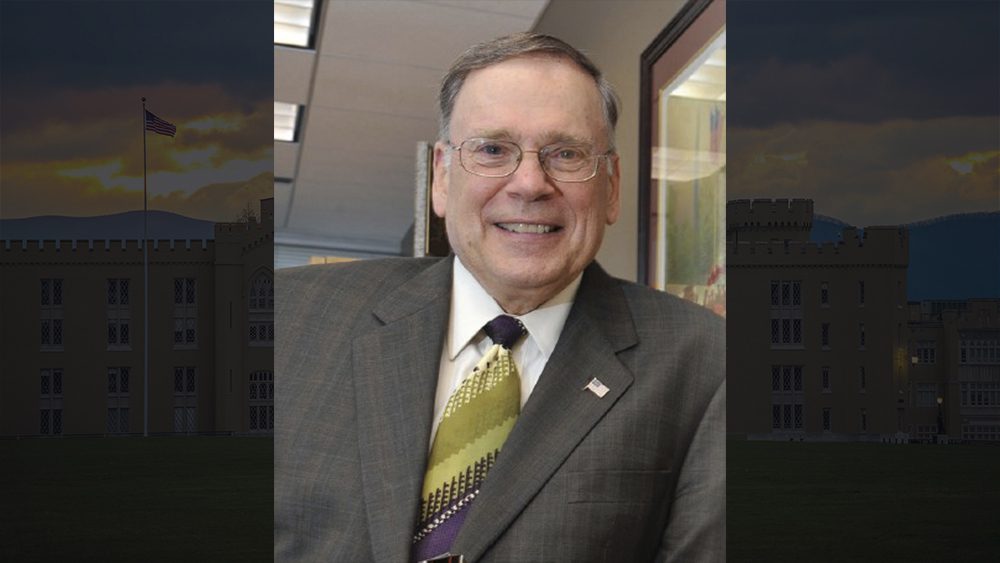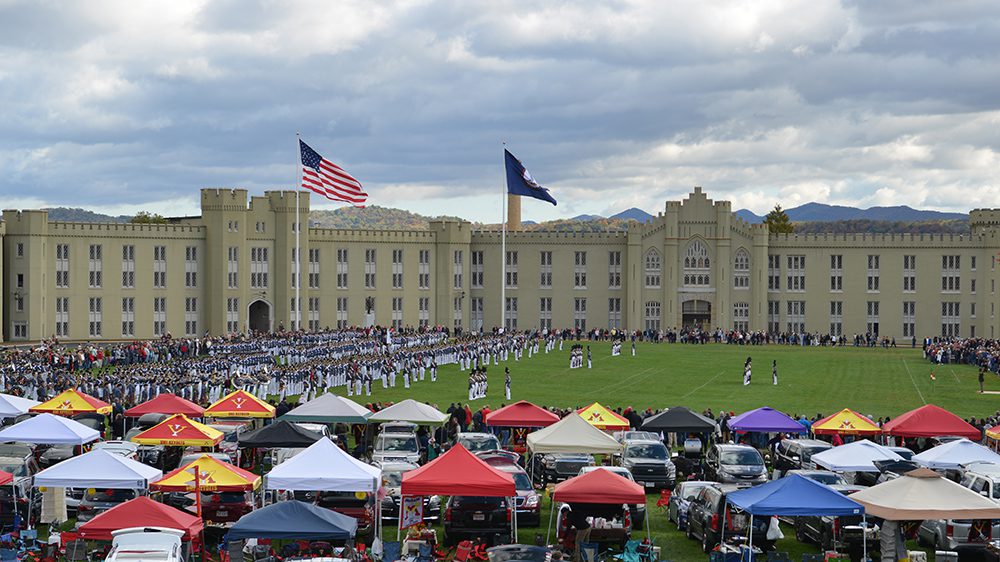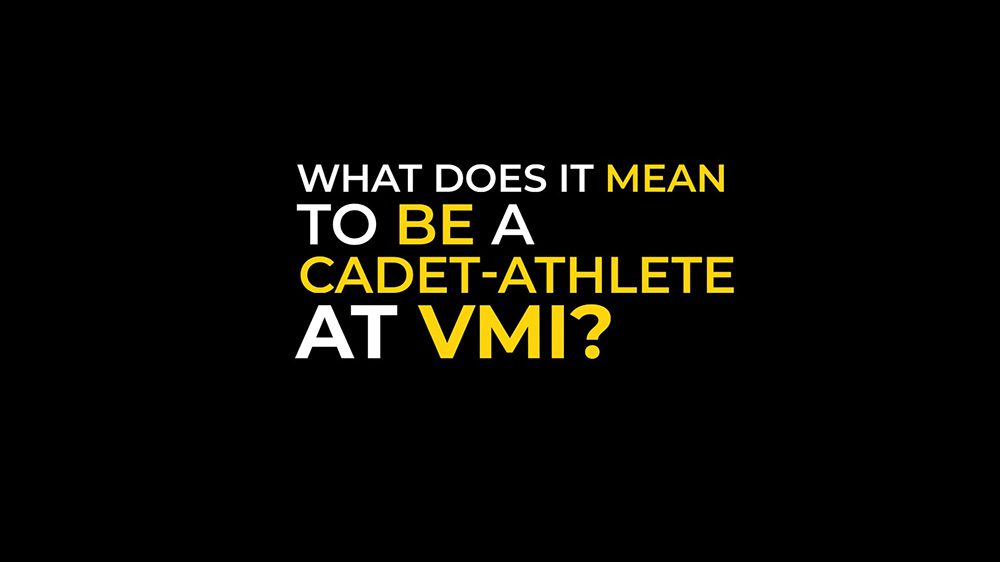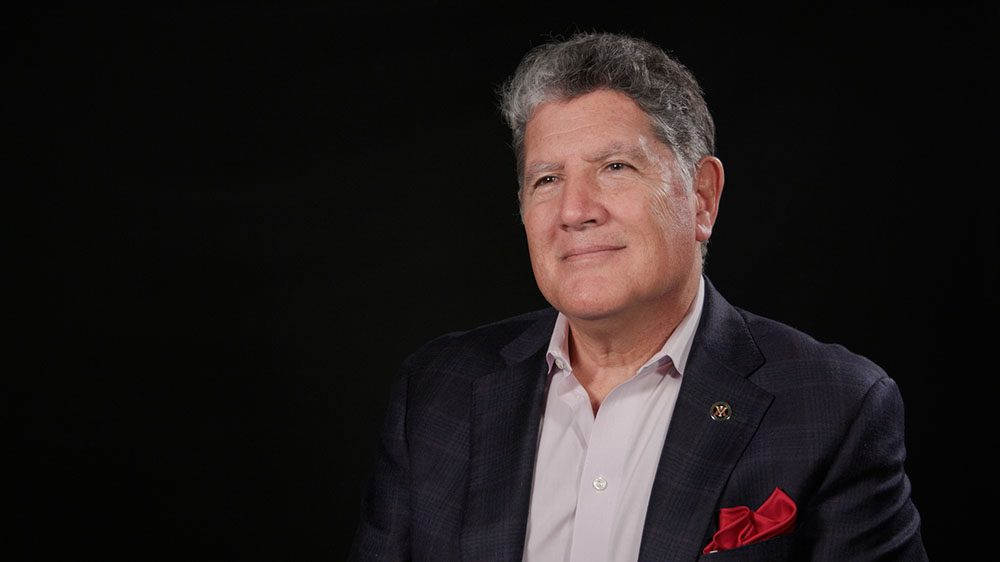One of the key factors in the remarkable success of VMI graduates is the clear and unambiguous nature of its Honor Code. It combines hours of accompanying education, reinforcement and scenario training, making this very high standard of ethical behavior achievable by every cadet who chooses to embrace this journey.
For those who question the merits of a single-sanction system—and there are many—my response is this: Year after year, it comes down to the personal will, desire and choice for each cadet. There is a point in each successful cadetship when the VMI Honor Code becomes internalized.
This transition from imposed required behavior to embracing a life-defining commitment is a signature experience for VMI cadets. Whatever path VMI cadets follow—military leaders, lawyers, physicians, captains of industry or humanitarians—they are sought after on all fronts. The same is true for all of the nation’s military academies when the code of honor becomes a way of life.
When properly executed, the Honor Code transcends human divisions. It knows no race, skin color, gender or creed. Maj. Gen. Cedric Wins, VMI’s 15th and current superintendent, as well as the VMI Corps of Cadets, are fully committed to a diverse and inclusive cadet experience that values VMI’s modern mission to educate young men and women of integrity and character—leaders for this century and the next.
History has provided notable VMI leaders who serve as role models for our future, with graduates such as Gen. George C. Marshall, the only military officer ever to receive the Nobel Peace Prize, and Jonathan Daniels, the valedictorian of the class of 1961 and a civil rights martyr, who died protecting a young Black woman from a shotgun blast in Haynesville, Alabama, in 1965.
When Rev. Martin Luther King Jr. learned of Daniels’ death, he said it was “one of the most heroic Christian deeds of which I have ever heard.” They are the kind of leaders VMI produces. The VMI Honor Code was their foundation.
Those of us who attribute success to the character-molding crucible of VMI understand the merits of a rigorous, limits-testing environment enabled by its self-governing Honor Code.
Today’s VMI Corps of Cadets is well prepared to graduate role models of honorable behavior at a time when our nation needs it most. We stand with Wins as he leads VMI in becoming the best version of itself.
Editor’s Note: This op-ed first appeared in the Richmond Times-Dispatch May 12, 2021. Reprinted here with permission of Gen. John Jumper ’66.




